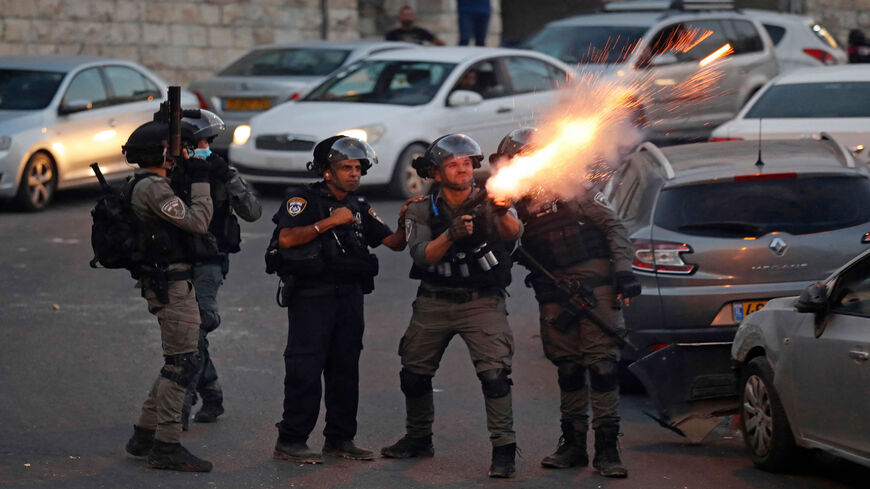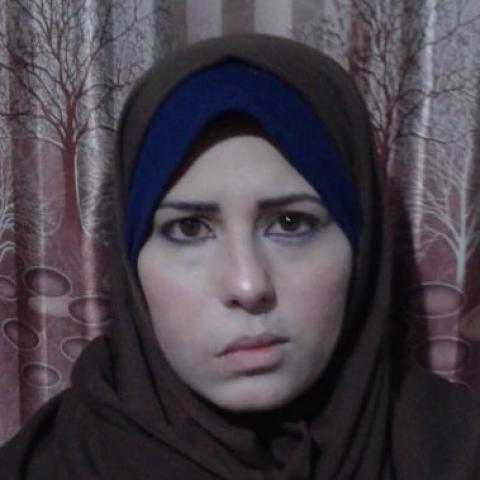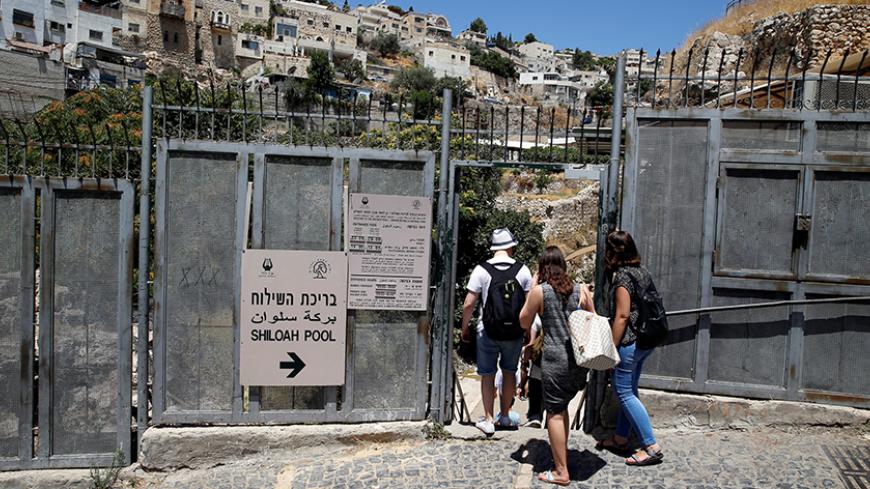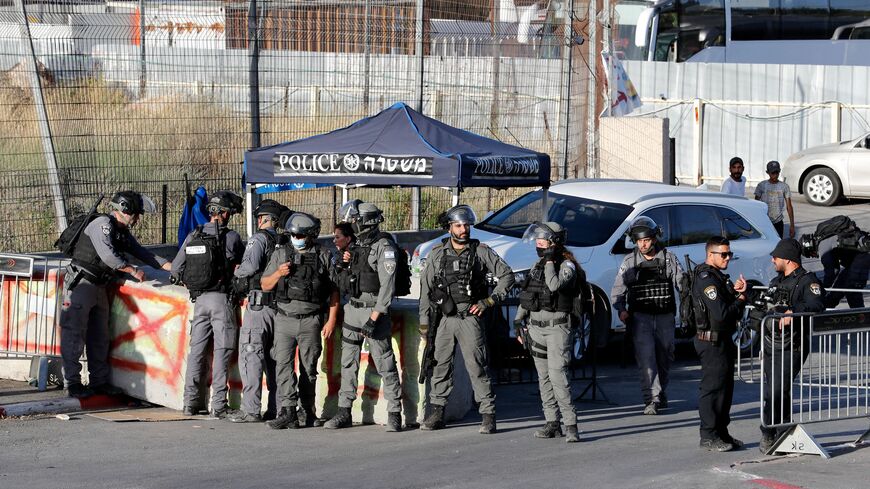Rubio visits Jerusalem archeological site in boost to Israel's claims
By Simon Lewis
JERUSALEM (Reuters) -Secretary of State Marco Rubio on Monday visited a contentious archaeological site beneath Jerusalem, giving U.S. backing to a Jewish settler-led project that critics say undermines prospects for a future Palestinian state.
The visit, from which international and local media were barred, marked the latest endorsement by the Trump administration of initiatives that opponents say are aimed at cementing Israel’s claims to East Jerusalem, which Palestinians view as the capital of a future state.
The City of David archeological park sits in the shadow of the elevated compound known to Jews as the Temple Mount and to Muslims as Haram al-Sharif, or the Noble Sanctuary, a flashpoint that has triggered outbreaks of violence over the decades and remains at the heart of the Israeli-Palestinian conflict.
The global heritage body UNESCO opposed construction of the park in the Palestinian neighborhood of Silwan, outside of what most of the world recognizes as Israel's territory.
Rubio said he would be inaugurating a site attached to the park known as Pilgrim's Road, believed to have been traversed by visitors to Judaism's Second Temple around 2,000 years ago.
"It's one of the most important archaeological sites in the world," Rubio said before departing Washington on Saturday. "I understand people want to involve politics in it. I understand everything in this region is political to some extent. But at the end of the day, it's an extraordinary archaeological site."
The Trump administration's 2017 recognition of Jerusalem as Israel's capital and the subsequent move of the U.S. embassy to the city from Tel Aviv marked a departure from decades of American policy that Jerusalem's status should be determined through Israeli-Palestinian negotiations.
The visit comes ahead of a meeting of world leaders at the United Nations in New York this month where Britain, France, Canada, Australia and Belgium are expected to formally recognize a Palestinian state, which Israel rejects.
Rubio has said that move will only encourage Israel to take its own actions to prevent the formation of a Palestinian state.
Residents and Israeli advocacy groups say the excavations under Silwan have been conducted beneath Palestinian homes without consulting residents and do not meet the standards of professional archaeology.
The office of Israeli Prime Minister Benjamin Netanyahu did not respond to a request for comment.
Ze’ev Orenstein, director of international affairs at the City of David, said: “All the archeological excavations are carried out by the Israel Antiquities Authority according to the highest standards.” He declined to answer further questions.
Fakhri Abu Diab, an activist from Silwan, said the excavations were conducted without transparency and contravened international law on occupied territories.
Rubio's visit would embolden Israel and its settler movement, he said. “This act by the United States gives the green light for more settlement expansion, demolitions, ethnic cleansing, and all the practices carried out by Israel," he said.
PARK RUN BY ISRAELI SETTLER GROUP
The battle over Jerusalem's archaeological and religious sites reflects the struggle over sovereignty since Israel's founding in 1948. The city's east and Old City, with its Jewish, Christian, Muslim, and Armenian quarters, fell under Jordanian control after the 1948 Arab-Israeli War, with Jews barred from its holy sites until 1967.
Since capturing the area, Israel has pursued policies aimed at maintaining a Jewish majority in Jerusalem while Palestinian residents face home demolitions, restrictive building permits, and what advocacy groups describe as systematic discrimination.
The City of David park has been operated since the early 2000s by Elad, a settler group that has appropriated land, acquired Palestinian homes and pushed for the eviction of Palestinian families in Silwan, according to a July report by the UN’s Independent International Commission of Inquiry on the Occupied Palestinian Territory.
“Despite its rich, heterogeneous history, the narrative presented at the City of David site focuses only on the site’s Jewish history (primarily the period of the Kingdom of Judea in the tenth century B.C.E. and the period of the Second Temple), disregarding all other periods and culture,” the panel's report said.
Rubio's visit to Jerusalem began on Sunday when Netanyahu led him and U.S. Ambassador Mike Huckabee on a tour of the Western Wall, Judaism's holiest prayer site. They also visited the nearby Western Wall tunnels, another Israeli excavation that has been criticized by the UN.
A State Department spokesperson said Sunday's visit reaffirmed “America's recognition of Jerusalem as Israel's eternal capital."
(Reporting by Simon Lewis in Jerusalem; Additional reporting by Ali Sawafta in Ramallah; Editing by Daniel Wallis)





